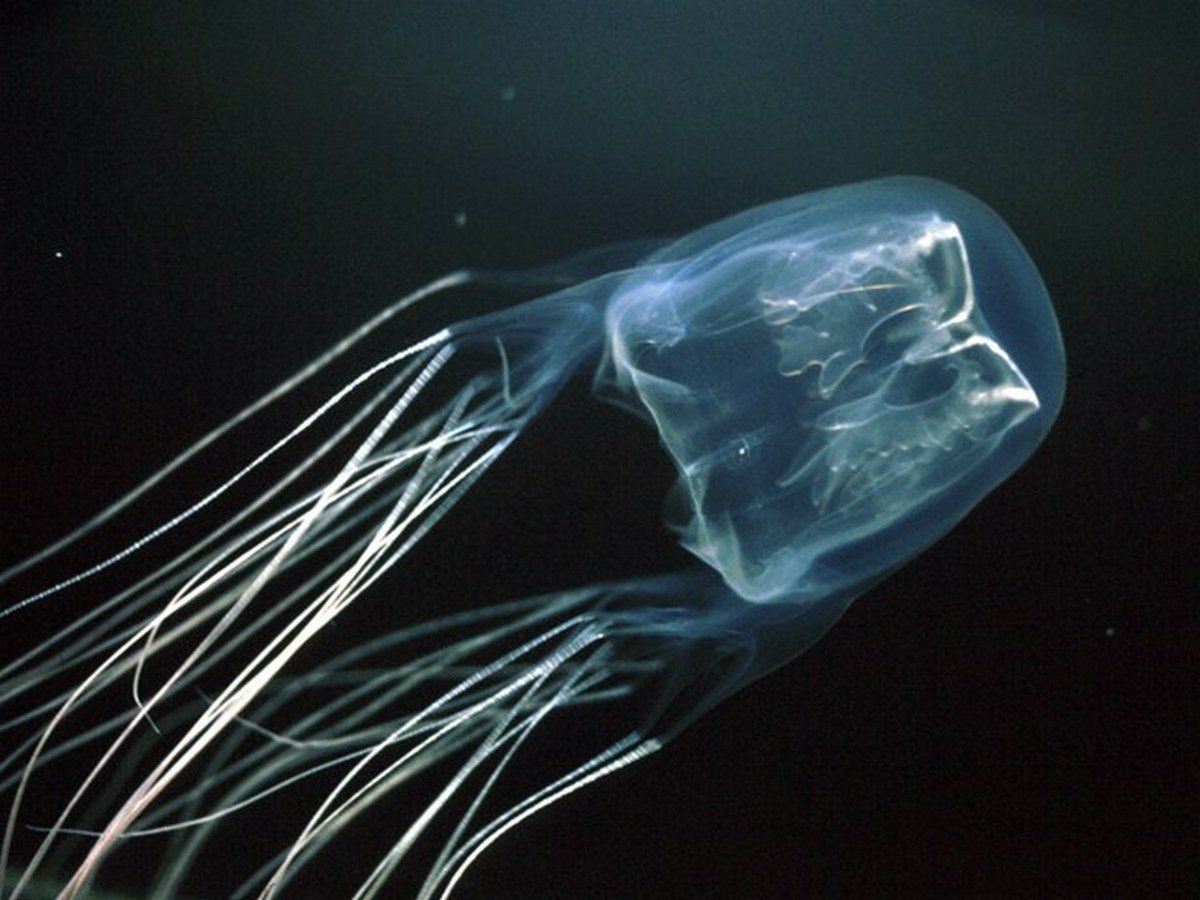Australian scientists find antidote to deadly box jellyfish stings

Researchers at the University of Sydney say they’ve discovered an antidote to a sting from the most venomous creature on earth.
Box jellyfish inhabit the waters of tropical north Queensland from October to May and a single sting from their tentacles can cause excruciating pain, necrosis of the skin, cardiac arrest and potential death within minutes.
Scientists at the Charles Perkins Centre who are working on genome editing made the exciting discovery.

Dr Raymond Lau said they were trying to figure out how the poison causes pain to the human body.
“The jellyfish venom pathway we identified requires cholesterol in the cell membrane,” he said.
“Since there are lots of drugs available that target cholesterol, we could try to block this pathway to see how this impacted venom activity.
Associate Professor Greg Neely is the lead author in the study, which has been published in the prestigious journal Nature Communications.
He said a bonus is the antidote is cheap and readily available.
“When we tried this drug on mice, we found it could block the tissue scarring and pain related to jellyfish stings.
“It is super exciting.”
To be effective, the drug must be administered to the skin within 15 minutes after contact with the venom.
Researchers are now in contact with the Queensland Government and Surf Lifesaving Queensland as they develop a topical application for humans, most probably in the form of a spray.
However Assoc Prof Neely said the remedy could have its limitations.
“Our antidote is a medicine that blocks the venom and you need to get it onto the site within 15 minutes.
“We know the drug will stop the necrosis, skin scarring and the pain completely when applied to the skin but we don’t know yet if it will stop a heart attack.
“That will need more research and we are applying for funding to continue this work.”
They're also trying work out whether the same drug will work on irukandji stings.
The venom used in the study was collected from a box jellyfish off Cairns by Associate Professor Jamie Seymour at James Cook University.
Currently, the only treatment for a sting is dousing the area with vinegar for 30 seconds or running very hot water over the affected area for 20 minutes and if it’s a major sting, continuous CPR is needed to keep the heart beating.








